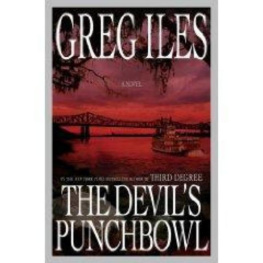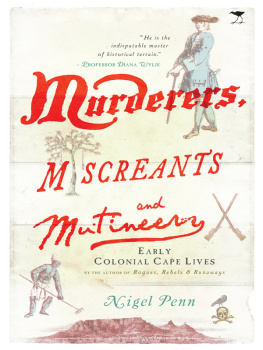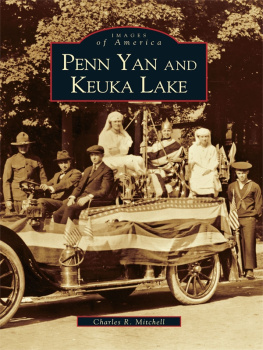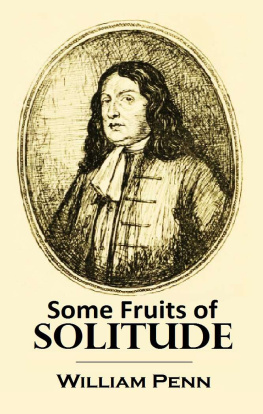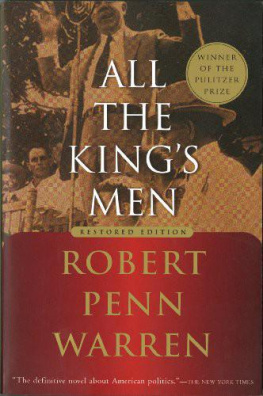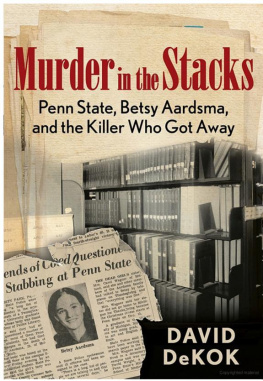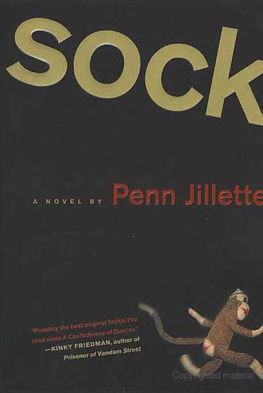
The second book in the Penn Cage series
Society is an artificial construction, a defense against natures power.
Camille Paglia
The rain kept falling, swelling the creek until it lifted the girl into its muddy flood. She swept down through the town, unseen by anyone as she passed the grassy mounds where three hundred years ago Indians worshipped the sun. She bobbed in the current beneath the Highway 61 bridge, naked and unbloodied, not yet gray, limp as a sleeping child. She rolled with the creek, which wound through the woods toward the paper mill and crashed into the Mississippi River in a maelstrom of brown waves. The girl made this journey alone and unknowing, but soon she would whip the town into another kind of maelstrom, one that would make the river seem placid by comparison.
She never meant to cause trouble. She was a quiet girl, brilliant and full of life. When she laughed, others laughed with her. When she cried, she hid her tears. She was blessed with many gifts and took none for granted. At seventeen, she had already brought honor to the town. No one would have predicted this end.
But then no one really knew her.
Only me.
Some stories must wait to be told.
Any writer worth his salt knows this. Sometimes you wait for events to percolate in your subconscious until a deeper truth emerges; other times youre simply waiting for the principals to die. Sometimes its both.
This story is like that.
A man walks the straight and narrow all his life; he follows the rules, stays within the lines; then one day he makes a misstep. He crosses a line and sets in motion a chain of events that will take from him everything he has and damn him forever in the eyes of those he loves.
We all sense that invisible line of demarcation, like an unspoken challenge hanging in the air. And there is some wild thing in our natures that makes us want to cross it, that compels us with the silent insistence of evolutionary imperative to risk all for a glinting shadow. Most of us suppress that urge. Fear stops us more often than wisdom, as in most things. But some of us take that step. And in the taking, we start down a path from which it is difficult and sometimes impossible to return.
Dr. Andrew Elliott is such a man.
I have known Drew since he was three years old, long before he was a Rhodes scholar, before he went to medical school, before he returned to our hometown of twenty thousand souls to practice internal medicine. And our bond runs deeper than that of most childhood friends. When I was fourteen, eleven-year-old Drew Elliott saved my life and almost lost his own in the process. We remained close friends until he graduated from medical school, and then for a long time-fifteen years, I guess-I saw him hardly at all. Much of that time I spent convicting murderers as an assistant district attorney in Houston, Texas. The rest I spent writing novels based on extraordinary cases from my career, which gave me a second life and time to spend with my family.
Drew and I renewed our friendship five years ago, after my wife died and I returned to Natchez with my young daughter to try to piece my life back together. The early weeks of my return were swallowed by a whirlwind of a murder case, but as the notoriety faded, Drew was the first old friend to seek me out and make an effort to bring me into the community. He put me on the school board of our alma mater, got me into the country club, talked me into sponsoring a hot air balloon and a Metropolitan opera singer during Natchezs annual festivals. He worked hard at bringing this widower back to life, and with much help from Caitlin Masters, my lover for the past few years, he succeeded.
All that seems a distant memory now.
Yesterday Drew Elliott was a respected pillar of the community, revered by many, held up as a role model by all; today he is scorned by those who venerated him, and his life hangs in the balance. Drew was our golden boy, a paragon of everything small-town America holds to be noble, and by unwritten law the town will crucify him with a hatred equal to their betrayed love.
How did Drew transform himself from hero into monster? He reached out for love, and in the reaching pulled a whole town down on top of him. Last night his legend was intact. He was sitting beside me at a table in the boardroom of St. Stephens Preparatory School, still handsome at forty, dark-haired, and athletic-he played football for Vanderbilt-a little gray at the temples but radiating the commanding presence of a doctor in his prime. I see this moment as clearly as any in my life, because its the instant before revelation, that frozen moment in which the old world sits balanced on the edge of destruction, like a china cup teetering on the edge of a table. In a moment it will shatter into irrecoverable fragments, but for an instant it remains intact, and salvation seems possible.
The boardroom windows are dark, and the silver rain thats fallen all day is blowing horizontally now, slapping the windows with an icy rattle. Weve crowded eleven people around the Brazilian rosewood table-six men, five women-and the air is close in the room. Drews clear eyes are intent on Holden Smith, the overdressed president of the St. Stephens school board, as we discuss the purchase of new computers for the junior high school. Like Holden and several other board members, Drew and I graduated from St. Stephens roughly two decades ago, and our children attend it today. Were part of a wave of alumni who stepped in during the citys recent economic decline to try to rebuild the school that gave us our remarkable educations. Unlike most Mississippi private schools, which sprang up in response to forced integration in 1968, St. Stephens was founded as a parochial school in 1946. It did not admit its first African-American student until 1982, but the willingness was there years before that. High tuition and anxiety about being the only black child in an all-white school probably held off that landmark event for a few years. Now twenty-one black kids attend the secular St. Stephens, and there would be more but for the cost. Not many black families in Natchez can afford to pay five thousand dollars a year per child for education when the public school is free. Few white families can either, when you get down to it, and fewer as the years pass. Therein lies the boards eternal challenge: funding.
At this moment Holden Smith is evangelizing for Apple computers, though the rest of the schools network runs comfortably on cheaper IBM clones. If he ever pauses for breath, I plan to tell Holden that while I use an Apple Powerbook myself, we have to be practical on matters of cost. But before I can, the schools secretary opens the door and raises her hand in a limp sort of wave. Her face is so pale that I fear she might be having a heart attack.
Holden gives her an annoyed look. What do you need, Theresa? Weve got another half hour, at least.
Like most employees of St. Stephens, Theresa Cook is also a school parent. I just heard something terrible, she says, her voice cracking. Kate Townsend is in the emergency room at St. Catherines Hospital. They saidshes dead. Drowned. Kate Townsend. Can that be right?
Holden Smiths thin lips twist in a grimace of a smile as he tries to convince himself that this is some sort of sick prank. Kate Townsend is the star of the senior class: valedictorian, state champion in both tennis and swimming, full scholarship to Harvard next fall. Shes literally a poster child for St. Stephens. We even used her in a TV commercial for the school.
Next page

